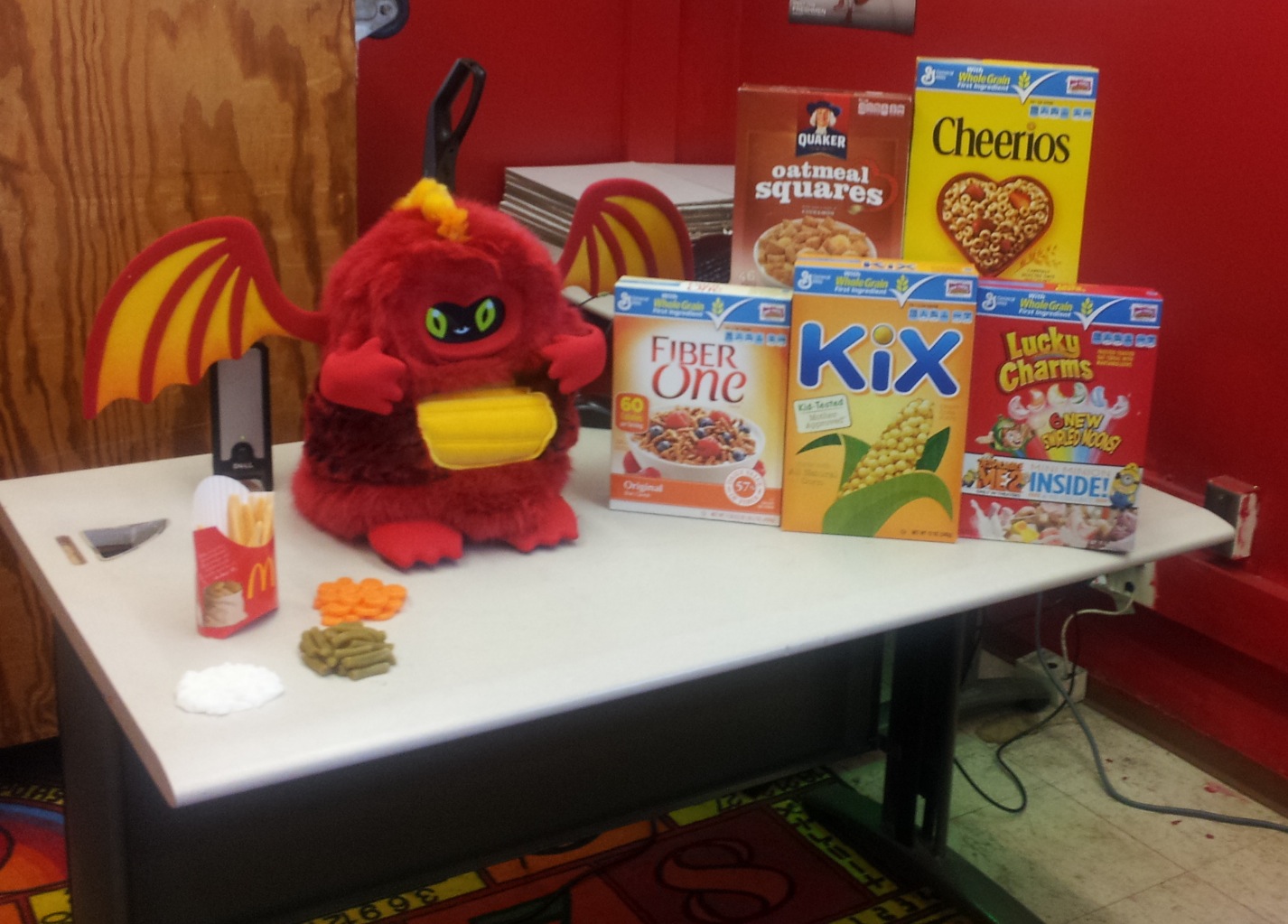The information on this page applies to my time as a PhD student at USC between 2010 and 2017. If you need to know about my more recent work, please visit my current website.
Research Overview

This page focuses on my PhD work at the University of Southern California. For an overview of past research projects I have been involved in at Yale, USC (as an undergraduate student), Heidelberg University, and Penn State, visit my other research page.
I am a PhD candidate with Professor Maja Matarić at the Interaction Lab at the University of Southern California. My research is in the general area of socially assistive robotics, in which robots serve as therapeutic or assistive tools through their use of social interaction. Within this area, I am specifically interested in defining and modeling the role of moderator, an individual that enables a group to achieve some task in an optimal way. My long-term goal is to develop a robot moderator to improve group learning with children, especially in groups including one or more children with developmental or learning challenges.
For a description of my work using only the thousand most common words in the english language (a la this comic) you can click here.
Robot as Moderator
Many types of multi-party interactions include a moderator , an agent that is responsible for directing the interaction, but is not necessarily directly participating in the task. In this work, the task of moderation is formalized as the process by which a goal-directed multi-party interaction is regulated via manipulation of interaction resources, including both physical resources, such as who is holding an object or a tool, and social resources, such as the conversational floor or participants' attention. The primary application domain for this model is in the domain of socially assistive robotics (SAR). We specifically focus on group learning with children, where the moderator ensures that several children working in a group interact successfully while completing a learning task.
We have completed several studies validating the use of a robot moderator in adult group interactions, including in storytelling and collaborative tasks. We are also studying how a robot can act as a moderator in inter-generational family interactions, where grandparents, parents, and grandchildren come together to play games with the socially assistive robot.
Robots for Kids
I am currently involved in the NSF Expeditions in Computing: Robots for Kids project, a multi-institution project focused on "develop[ing] the computational techniques that will enable the design, implementation, and evaluation of robots that encourage social, emotional, and cognitive growth in children, including those with social or cognitive deficits." My work has focused on two areas:
Nutrition Education for Children: In this study we examined a three-week biweekly interaction between the DragonBot robot and first-grade children drawn from a general education classroom. We found that the robot was highly appealing to children, and that they had a positive interaction with the robot that grew more social over time. We also found some limited evidence that children were able to learn from the robot, although a longer intervention would be needed to see substantial learning gains.
Understanding the Role of a Socially Assistive Robot Interacting with Children with ASD: This project consists of data coding and analysis of an interaction between robots and children with autism, using data collected by David Feil-Seifer. In this work we focus on understanding the role of the robot in the interaction, especially the ways in which the robot's role can be flexible in order to meet individual children's needs.